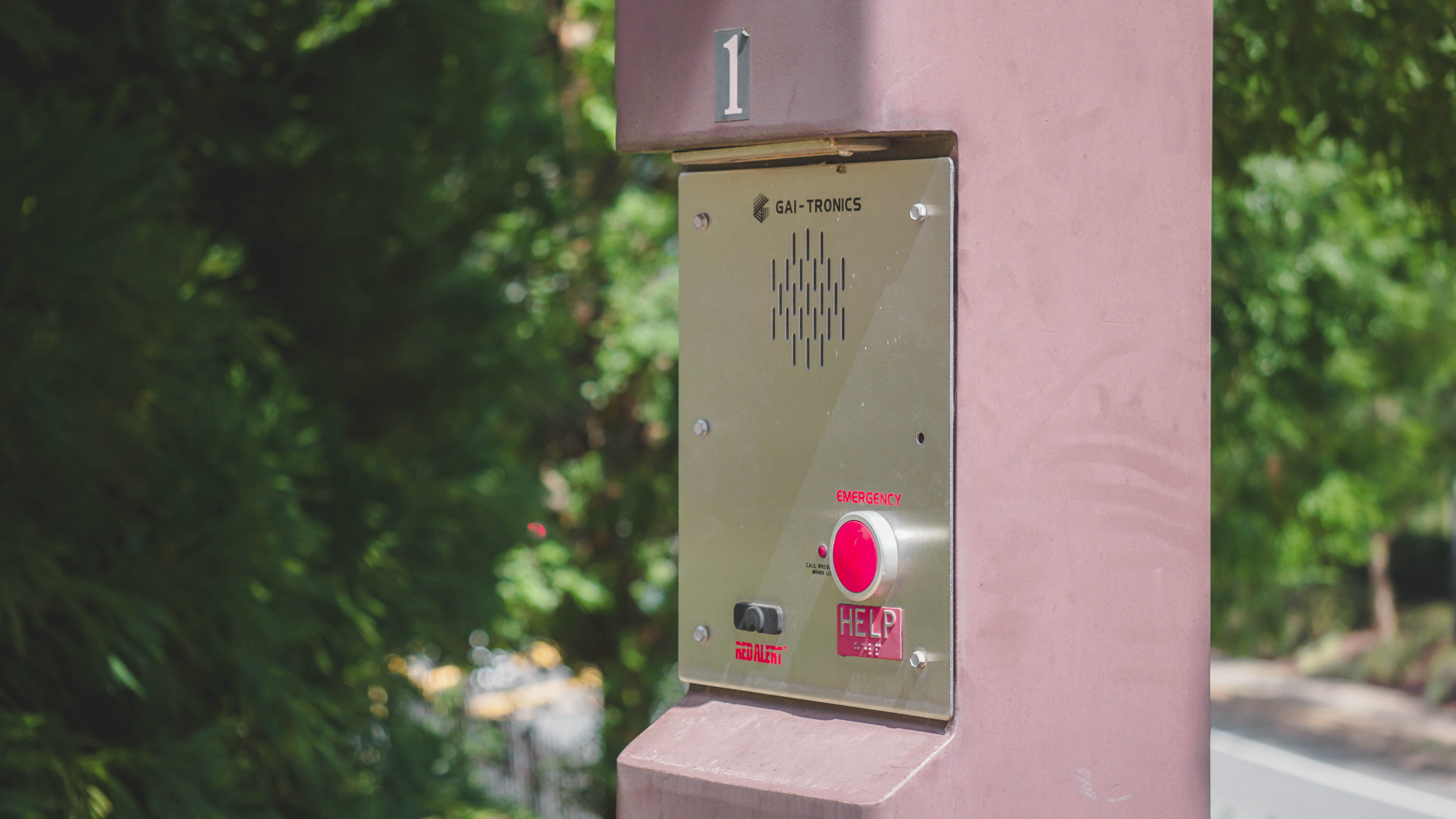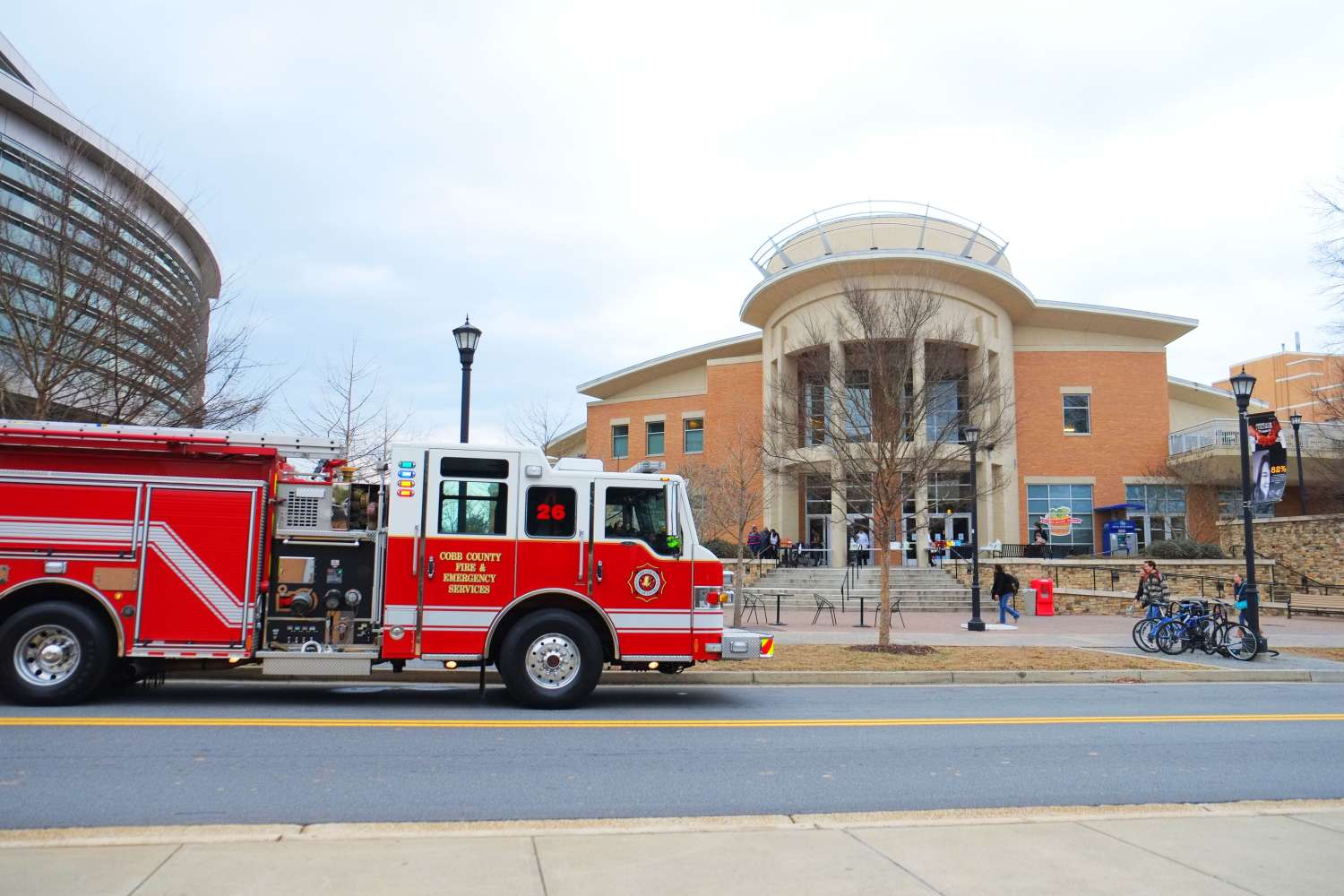Kennesaw State police department officials did not issue a timely warning to students about a stalking and harassing communications incident that was reported in May after determining it did not meet the requirements of the Clery Act, University Spokeswoman Tammy DeMel said.
A female student at KSU filed a harassing communications report and a stalking report at approximately 12 a.m. on May 19. According to the report, her ex-boyfriend threatened she, her current boyfriend and his children over the phone.
The student reported that her ex-boyfriend was physically violent towards her and that she was “really worried about [her] safety and for [her boyfriend’s] safety because of these threats.”
No arrests were made and KSU police advised the victim about KSU defense classes and Harassing Communications and Temporary Protective Orders.
Police did not send a notice to students, faculty or staff after the incident was reported because they determined there was no threat to the campus or surrounding community and, therefore, did not meet the requirements of the Clery Act.
The Clery Act is a federal law that requires universities to record and disclose campus crime data. It also requires universities to send timely warnings to students when there is a threat to the safety of campus, students and staff.
“The decision to issue a timely warning shall be decided on a case-by-case basis. The decision is made by the Chief of Police or his designee considering all available facts, including whether the crime is considered to be a serious or continuing threat to students or employees,” the 2017 KSU Annual Security and Fire Safety Report reads.
“But if a crime occurs that would pose a serious or continuing threat to the KSU community, a timely warning notice would be distributed to the campus community,” the report continues.
Universities may also not issue timely warnings if federal privacy laws hinder them or if the warnings could obstruct law enforcement efforts.
“Based on the information of the case, the incident was deemed not to be a threat or of further danger to the campus community,” DeMel said. “Therefore, no timely warning was issued.”
Students have shown concern for not receiving timely warnings in the past. In October 2017, a KSU student was arrested after attacking another student, sexually harassing a female student and threatening to kill his classmates.
KSU did not send a warning to students in the two days between the incident and the student’s arrest. Then-President Sam Olens announced to students later that the incident did not meet the requirements of the Clery Act.
The Sentinel also determined in November 2017 that KSU has higher rates of sexual misconduct than other comparable universities such as Georgia Tech, Georgia Southern University and Georgia State University. Timely warnings were not sent to students for several of the reported cases of sexual misconduct between 2014 and 2016.
The last timely warning that was issued to students was on Nov. 13, 2017 about a reported fondling on the Marietta campus, and there have been no timely warnings issued in 2018.




